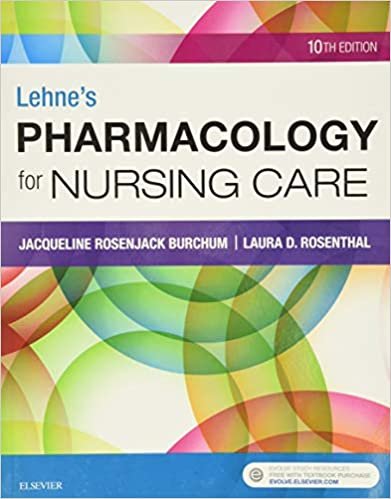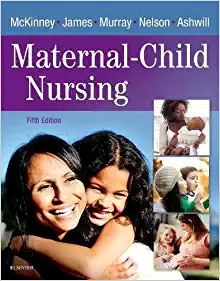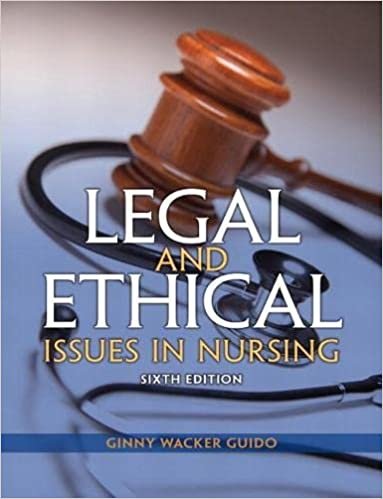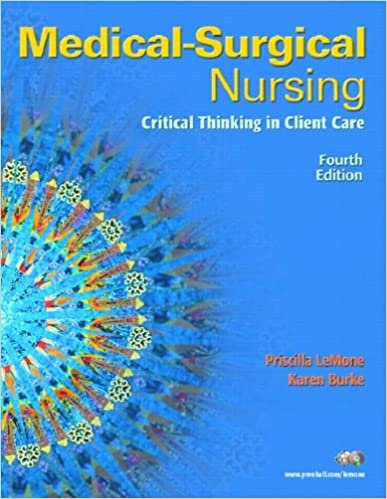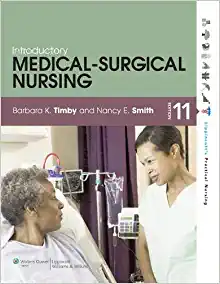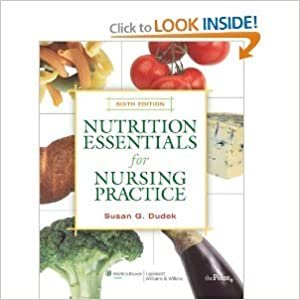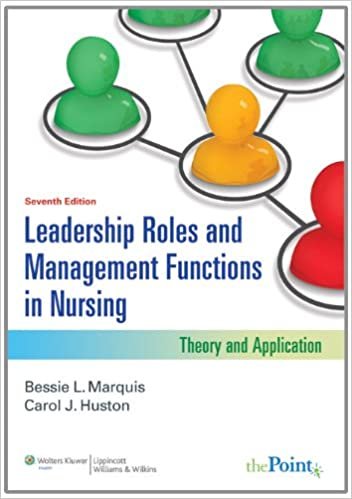Test Bank For Gerontological Nursing 8th Edition by Charlotte Eliopoulos
Test Bank For Gerontological Nursing 8th Edition by Charlotte Eliopoulos
Gerontological Nursing 8th Edition by Charlotte Eliopoulos – Test Bank
Gerontological Nursing 8th Edition by Charlotte Eliopoulos
Gerontological Nursing 8th Edition
Chapter 1
Principles of Gerontology
1.1 The nurse is reviewing the discharge plans for an 84-year-old man who is to leave tomorrow. Included is a plan for quitting smoking. In discussing this with a co-worker, the nurse states, “I don’t know why we need to do this, he has been smoking for years, and he isn’t going to stop now.” This statement by the nurse reflects the concept of
- reality orientation.
- negative stereotyping.
- character assessment.
Answer: 3
Rationale: Often people characterize the elderly in a negative way believing that after a certain age, things cannot be changed. This is the concept of stereotyping in a negative way. Senescence is the process of aging, reality orientation is a strategy to assist individuals when confused or delusional, and character assessment is a process of identifying aspects of an individual’s personality and character.
Implementation
Psychological Integrity
Analysis
1.2 You are preparing to conduct a blood pressure screening at a local senior citizen’s high-rise apartment building in the inner-city impoverished location. In anticipation of the clients you will care for, you will most likely find which of the following characteristics of the residents living at this location. (Select all that apply.)
- older women.
- married men and women.
- widowed women.
- less educated women.
- residents living alone.
- older men.
Answer: 1, 3, 4, 5
Rationale: Statistics indicate that women comprise the majority of people (55%) in all nations and 58% in developing countries. Unlike men, women are also more likely to be widowed, live alone, be less educated, and have less years of labor experience resulting in poverty.
Planning
Health Promotion and Maintenance
Analysis
1.2 The nurse is completing an admission assessment for a female adult client. When discussing the social history, the nurse identifies that the client is a smoker (one pack/day for 20 years) and has worked at a chemical plant operating a chemical packing machine. When reviewing this assessment, the nurse would consider this client at risk for
- environmental and occupational hazards that may affect life expectancy.
- increased life expectancy because she is female.
- no difference in risk because of her social and occupational circumstances.
- decreased fertility.
Answer: 1
Rationale: Exposure to environmental and occupational risk factors has been known to affect life expectancy in men and will have the same affect on women given similar circumstances. Given the limited information on the chemical exposures, it is inconclusive to consider any affect on fertility or to assume that there is no effect.
Assessment
Health Promotion and Maintenance
Analysis
1.4 The triage nurse is taking vital signs of a 59-year-old African American male who has arrived to be treated for a laceration in his right hand. His blood pressure is 180/104. The nurse applies a dressing to his hand and plans for continuation of his care for the laceration. When questioning the client about his blood pressure, he states he did not know if that was normal for him and that he was not on any medication. In analyzing the blood pressure, the nurse decides
- this is normal for someone in pain from an injury.
- this finding is abnormal and presents an opportunity to initiate secondary prevention to prevent the progression of illness.
- the blood pressure may not be accurate, therefore, it does not need to be addressed.
- this patient needs to have his pressure taken in a standing position.
Answer: 2
Rationale: Although some people may have a variation in vital signs because of pain, this blood pressure reading is not within the normal range. A good strategy to control chronic illness and prevent progression and disability is to identify opportunities to diagnose and treat chronic illnesses. This scenario provides the nurse the opportunity to develop and implement a plan of care for the treatment of the blood pressure. The other options do not address this strategy.
Assessment
Physiological Integrity
Analysis
1.5 A client stops at the desk of his doctor’s office to ask the nurse a few questions. He is a retired teacher who has just been diagnosed with diabetes and wants to know how to manage his care. While the nurse is going over glucose testing, he talks about how expensive his medications and healthcare have become. The nurse can best provide support to him by stating
- “Don’t worry, I don’t think the total bill will be too much.”
- “I don’t know anything about insurance.”
- “You only need to do this once a day so the supplies should last you a long time.”
- “I believe that some parts of Medicare will cover preventative care, such as diabetes monitoring.”
Answer: 4
Rationale: Although Medicare does not pay for routine physical examinations, Medicare Part B does cover preventative services, such as diabetes monitoring. The client is stating concern so telling him not to worry or assuming that even one day of costs is affordable is inappropriate. Stating you don’t know anything about insurance offers no support to the client.
Implementation
Psychological Integrity
Application




